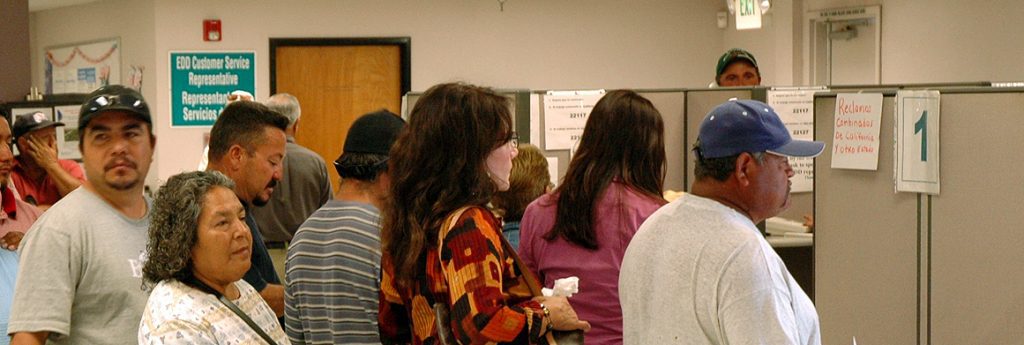Graziadio Dean on the Future of the Job Market

Dean David Smith of Pepperdine University’s Graziadio School of Management recently wrote a piece for the LA Daily News on the state of California’s most recent unemployment rate.
In a guest commentary, Smith addressed the state’s 4.9 percent jobless number, which, while markedly lower than last year’s figure, is still cause for close attention by recent grads.
“Optimists”, Smith notes, “… would add to the ‘good news column’ that an estimated 24,000 Los Angeles job seekers have re-entered the job market. The addition of these individuals, especially those who dropped out of job hunting during the recession, is a strong indicator that the recovering economy has buoyed the hopes and prospects of legions of formerly ‘discouraged workers.’”
Smith offers advice to the 75 million professionals who are part of the millennial demographic, and who may feel the burn of stiff competition for jobs with people who are newly re-emerging into the workforce. These ‘second career’ competitors are empowered by the positive upswing in the job market numbers, and are unafraid to assume entry level positions.
The advice Smith offers is solid. Diversify your educational pursuits, he suggests. Those pursuing business education succeed because they have embraced digital technology and sustainable innovation. He also points out the importance of a consciousness of global networks, which Smith refers to as “the new age of networks”.
The declining unemployment rate, Smith notes, is due partially to the expiration of many jobseekers’ unemployment benefits. These people, who had simply ceased looking for jobs, are now re-emerging and competing with younger applicants.
Smith’s article, published close to a month ago, offers a final piece of advice that may seem eerie in light of the results of the presidential election.
“Let the politicians and policy makers fret over the month-to-month numbers. Job seekers are better served looking at how they are positioning themselves in the job market for the long term.”
